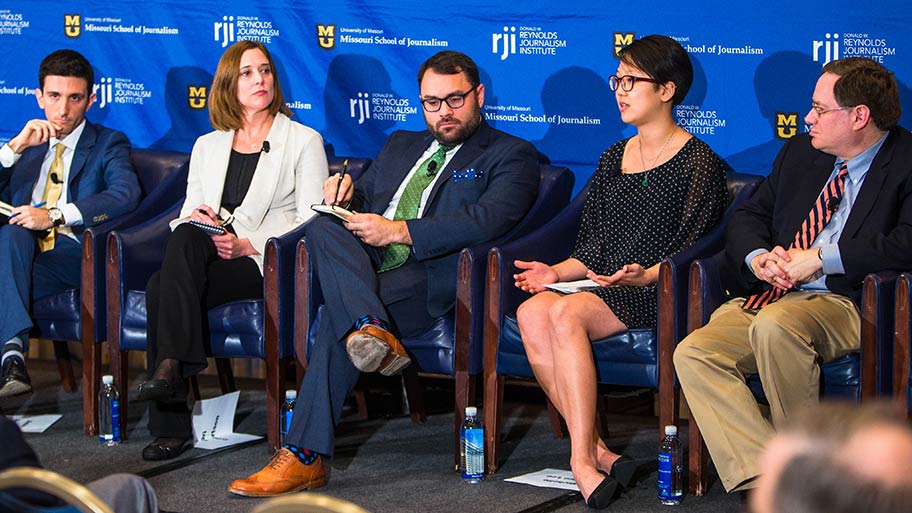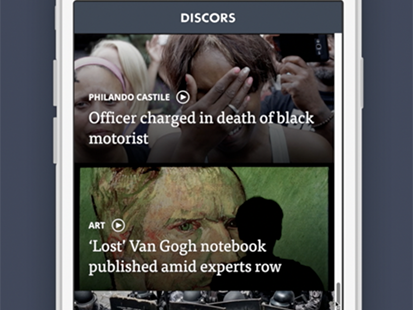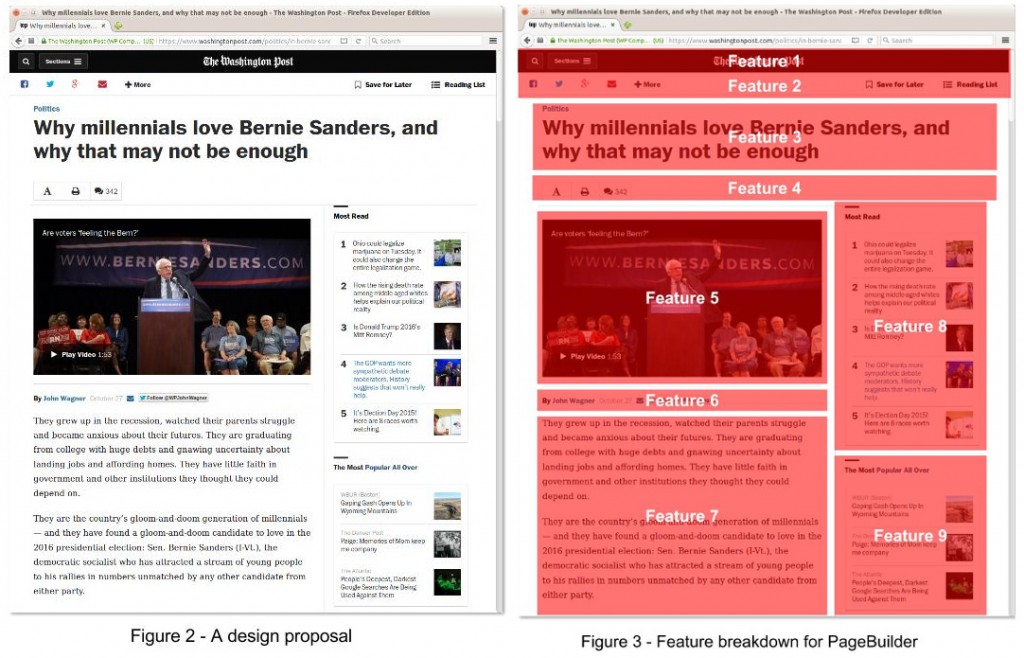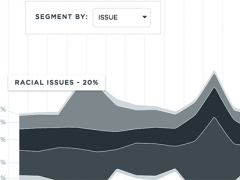
Tag: Washington Post
Who trusts — and pays for — the news? Here’s what 8,728 people told us
As part of the Trusting News project, 28 partner newsrooms asked their audiences to tell them about their views on the credibility of news. Is there a connection between people’s politics and their trust in news? (Yes.) Do people’s race or age play a factor in what they trust? (Yes on race, less on age.) … Continued
RJI Fellow expands work on mobile news app for smaller news organizations
Push notifications from The New York Times, the Guardian, BuzzFeed and The Washington Post alert us every day to scandal, horror, scientific achievement and grief. However, this capability lies mainly in the realm of large news organizations. Without a 24-hour news desk, smaller news outlets — especially weeklies and investigative centers — struggle to remind users … Continued
What is the role of a journalist in a post-objectivity world?
Editor’s note: Tom Warhover, Missouri School of Journalism associate professor, was part of a panel discussion titled “Objectivity in Journalism” June 6 at the Hammer Museum in Los Angeles. He was joined by political theorist Ainsley LeSure; Victor Navasky, editor emeritus of The Nation; and journalist Lewis Wallace, a Marketplace reporter who was fired after publishing the blog post “Objectivity is dead, and I’m okay with it.” These are Warhover’s opening remarks.
FL#196: Automation at The Washington Post
Jeremy Gilbert, director of strategic initiatives at The Washington Post, says computer automation could increase a newsroom’s capabilities in three important ways: analyzing vast amounts of data, putting information into digestible forms, and tailoring the end result for each individual user. We dive into the details and find out how the Post has experimented already. … Continued
Fact-checkers believe appetite for accuracy will grow despite a lack of trust in news
WASHINGTON — Journalists for the three leading fact-checking organizations say their role is to examine the claims of politicians and present the facts, not persuade the public of certain conclusions. The fact-checkers spoke Thursday at the 2017 Hurley Symposium titled “Fact-Checking, Fake News and the Future of Political Reporting,” hosted by the National Press Club. … Continued
The Ann Friedman Weekly: How one freelance journalist created a massively successful newsletter
Second in a series to help newsrooms curate effective newsletters. Newsrooms can no longer afford to distribute poorly curated newsletters. Yet executives from many modern newsrooms say they lack the financial and staff capacity to do otherwise.
What is a Facebook Live editor?
Gone are the days when news organizations had just copy editors and page designers. Today, there are newsroom titles like digital optimizer, audience analyst and executive mobile editor. As social media platforms have evolved so have job titles, along with the tools journalists use to communicate with audiences. In this series, RJI will learn more about these titles and the people who hold them.
FL#174: Mobile news app Discors
Discors Mobile app Discors is a news aggregator that licenses content from premium, often subscription-based, news organizations. The app pairs news stories with analysis, commentary and insights. Reporting by Jon Doty For more information: The Discors app is available on iOS and Android platforms. The newsreader and background information features are free. To access the … Continued
How The Washington Post built a publishing platform accidentally on purpose
The Elizabethan dramaturge John Webster gave one of his characters these immortal words: “There’s nothing of so infinite vexation/As man’s own thoughts.” Of course, he was lucky enough to live nearly 400 years before the first content management system was invented. In early 2013, The Washington Post found itself in a particularly vexing situation: The … Continued
FL#168: Electome from MIT Media Lab
Electome from MIT Media Lab Electome is a new tool from the Laboratory for Social Machines at the MIT Media Lab that uses data to help capture and analyze social media conversations around the 2016 presidential election. The system uses machine learning and natural language processing to analyze hundreds of millions of Tweets every day. … Continued








